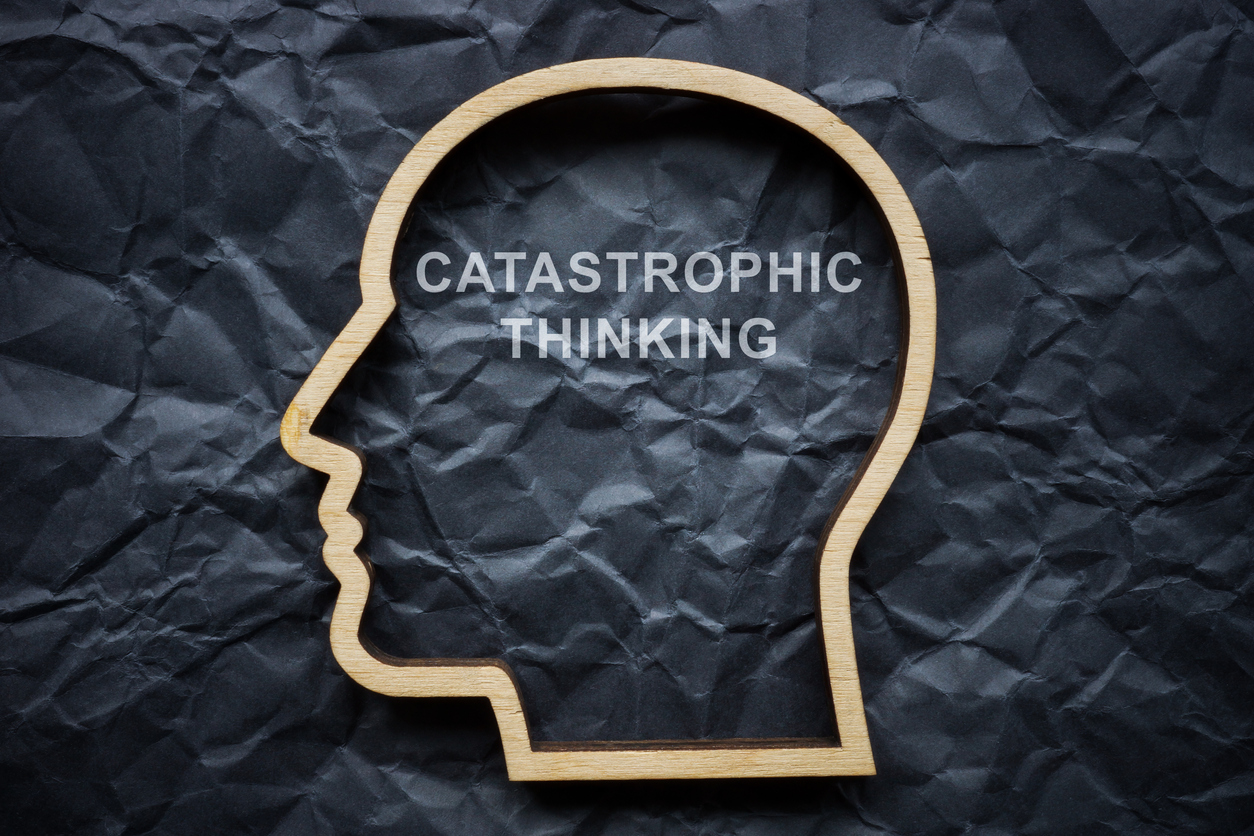Catastrophizing is a distortion in which the brain exaggerates the meaning, the importance or likelihood of negative life events. The smallest setback therefore appears like a massive disaster. Reacting and sometimes overreacting a bit to usual and unusual situations is healthy, as it is what makes us human – our retorts, our expressions, and responses to life’s varied experiences. But when you catastrophize, you overestimate the probability of a negative outcome.
What makes catastrophic thinking worse is impatience, inadequate communication, and incomplete facts. When you catastrophize, you think negatively about your nature, character, abilities, ideas and opinions. The perceived lack of your personal capacities makes it difficult for you to keep your head above water. It is unclear what causes one to catastrophize – it could be a coping mechanism learnt from a family member, it could be the result of having gone through adverse life events or could be related to brain chemistry.
A person who is catastrophizing, might not be able to acknowledge it. It is easy to dismiss catastrophizing, as over exaggeration but it is often not intentional. People who do catastrophize, often do not realize that they are doing it.
Here are a few underlying thoughts that leads one to catastrophize –
- Fearing the unknown – Some of us hardwired to feel less comfortable with uncertainty, so we find the way to deal with it is to search for the worst possible outcome. The reasoning here is, it is better to work with a known devil than an unknown devil. But the problem with this kind of thinking is, you overestimate the risks of a negative outcome and start to behave as though that outcome is inevitable.
- You believe that you do not have control over the situation or the skills to deal with it
- You may start to look for reasons that something will not work out which can sometimes lead you to create the reality you are fearing.
A catastrophizing thought, can be useful if it motivates you to prepare and not panic so that you feel fearless, free and focussed in the face of a crisis – big or small.

